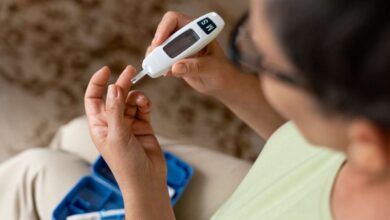Hangxiety: What Is It? Symptoms, Signs, and Coping Mechanisms for Post-Hangover Anxiety
Hangxiety, also referred to as hangover anxiety, is the feeling of increased worry or uneasiness that occurs after drinking alcohol. Usually, the hangover sets in the previous morning. The physical signs of a hangover are undoubtedly well-known to you, but you may not be aware of the additional negative effects. Psychological effects are also possible with hangovers, particularly anxiety. This phenomenon has been called “hangxiety” due to the volume of reports about it.

WHY DOES THAT OCCUR?
As of yet, hangover anxiety has no specific reason identified by researchers. However, there are straightforward explanations for hangxiety. Drinking alcohol stimulates your brain to release large amounts of dopamine. The chemical will flood your brain and make you feel fantastic, but the rush won’t last long. Emotions of exhilaration give way to emotions of worry when dopamine levels drop once again.
SITUATIONS OF ANXIETY
Heightened Anxiety: People may feel more anxious, tense, or uneasy than usual.
Physical Symptoms: Hangxiety may cause physical symptoms including sweating, headaches, tense muscles, and upset stomachs.
Racing Thoughts: Anxiety may cause racing thoughts, which can make it hard to concentrate or focus.
Guilt or regret: Hangxiety may cause emotions of regret for choices or acts performed while under the influence of alcohol.
Challenges Unwinding: Anxiety may make it difficult to unwind, which might result in restless or agitated sensations.
MANAGEMENT OF ANGST
A few methods may be used to treat anxiety. Check out the text below!
Drink plenty of water; a parched body will heal more slowly. To expedite the procedure, make sure you consume a lot of water.
Practice Moderation: To lessen the likelihood of experiencing hangover anxiety the following day, it is always preferable to drink alcohol in moderation.
Get Enough Sleep: Alcohol throws off the sleep cycle and exacerbates anxiety, so make sure you get enough rest.
Employ breathing exercises: Breathing exercises combined with mindfulness may help reduce anxiety. Breathe, unwind, and meditate if you’d like.
Say No to Caffeine: Avoiding caffeine while you’re already feeling anxious is advised since it might have a negative effect on your anxiety levels. To aid with your symptoms and decrease inflammation, try a cup of cocoa mixed with honey.







